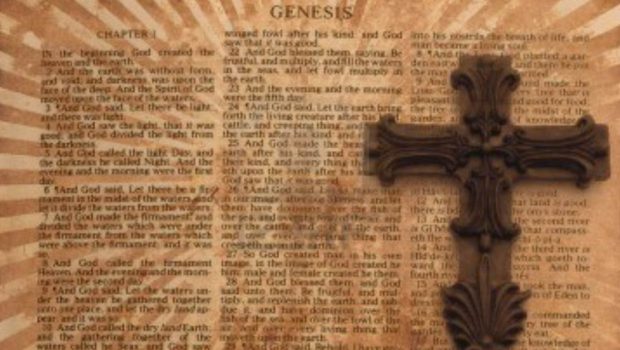Biblical Theology Part 3: The Gospel of the Kingdom
The establishment of the Davidic dynasty, along with the voice of the prophets who called the people to covenant faithfulness, sets the stage for the ministry of Jesus and His teaching of the Gospel of the Kingdom.
The throne of David was to endure before God forever (1 Samuel 7). Yet, after 70 years of exile and several hundred years of prophetic silence, it might have seemed like God’s promise had failed. David not have a descendent on the throne, and it certainly did not seem like all nations were being blessed by the seed of Abraham (Genesis 12:1-3).
It is in this context that John the Baptist comes, preparing the way for the Lord Jesus Christ (Isaiah 40:3, Matthew 3:3). And when Jesus comes, He preaches the gospel of the Kingdom (Mark 1:15, Matthew 4:23, Matthew 9:35, Luke 4:43, Luke 8:1, Luke 16:16). So frequently does Jesus tie the concept of “gospel” to “kingdom” that the two are quite inseparable in His ministry and teaching. This inseparability is exactly what we should expect if Jesus is fulfilling the promise-plan made to Abraham in Genesis 12. As we noted previously, the integrative theme of Scripture is the mission of God (expressed in the promise to bless all nations of the earth) fulfilled in and through the Kingdom of God.
Up to Christ, all nations had not been blessed. True, some from other nations had come to faith (Rahab, for instance) in the God of Israel. But we have not yet seen wide-spread conversion spanning all races and people groups on the globe.
As we look at Jesus’ ministry, most of it is centered in Israel. True, He makes a brief stop in Samaria (John 4:39-42). He also occasionally heals Gentiles (Matthew 8:13). But on the whole, Jesus focused on Israel. This might seem odd, given that He is the Savior of the world. But the best way to reach the world is to reach a few people first. The great revolutions don’t begin with super majorities, they begin with a few committed individuals. As Robert Coleman makes clear in The Master Plan of Evangelism, Jesus method of reaching people was reaching people, namely a committed group of disciples.
Some might fear how I’ve linked the gospel and the Kingdom. And there have tended to be two great errors here:
1. Liberalism wants to have the ethical teachings of Jesus (part of the Kingdom) divorced from His identity and work.
2. Utilitarians want to have Jesus identity and work, but only to the extent that this relieves them of guilt. They don’t actually care about following the Kingdom ethic.
My position is not either of these. In linking the gospel and the kingdom I am presented a third option, common sense conservatism: In His person (as God incarnate) Jesus achieved the work of our salvation (the remission of sins) through His substitutionary death, burial and resurrection. Because He is who He claimed to be (the Son of Man), and He ascended to the right hand of God where He now reigns, we are to follow and enact His rule to the fullest extent possible here on earth.
Thus, I believe Christ is who He claimed to be, and that He did what He set out to do. My only appropriate response is repentance, belief in Him, and obedience to Him. Hence, we truly have the gospel of the kingdom. The kingdom, according to G.E. Ladd, is the reign of Christ. Why do we submit to the reign of Christ? Because of the gospel! Because He achieved our salvation, bringing us from death into His kingdom of light. If we really believe the gospel, how can we not submit to Him as King?
Jesus came to redeem us, and in doing so to redeem the world. When humans fell in Adam, we brought creation down with us (Genesis 3:17-18, notice that the ground is cursed). In Christ, humans get redeemed, and as a consequence the physical world will be better off (Romans 8:19-23). Christ is restoring ALL things to that original state of shalom (God’s perfect order) in Genesis 1-2. We won’t see this completed until His return and the establishment of the new heavens and new earth. But there are some strides we can make now, and we ought to do so. He is Lord, He does reign, and we should act like it.
But that is the theme for Part 4.
Soli Deo Gloria,
Joey










